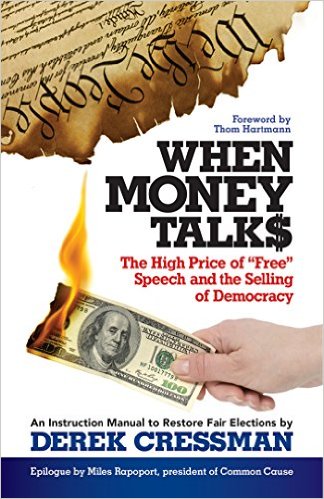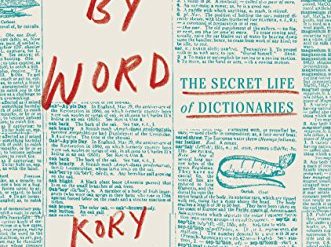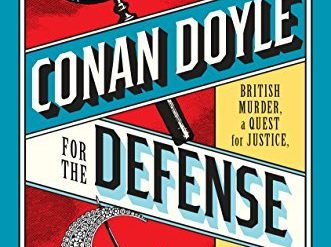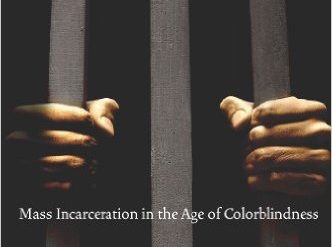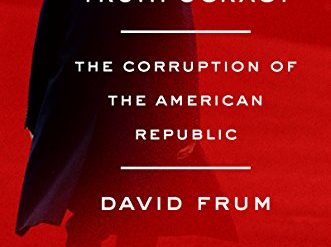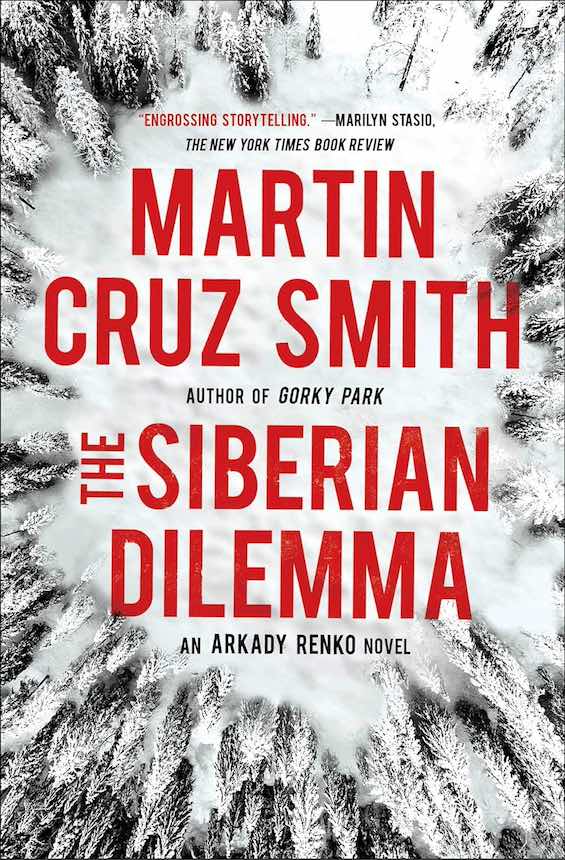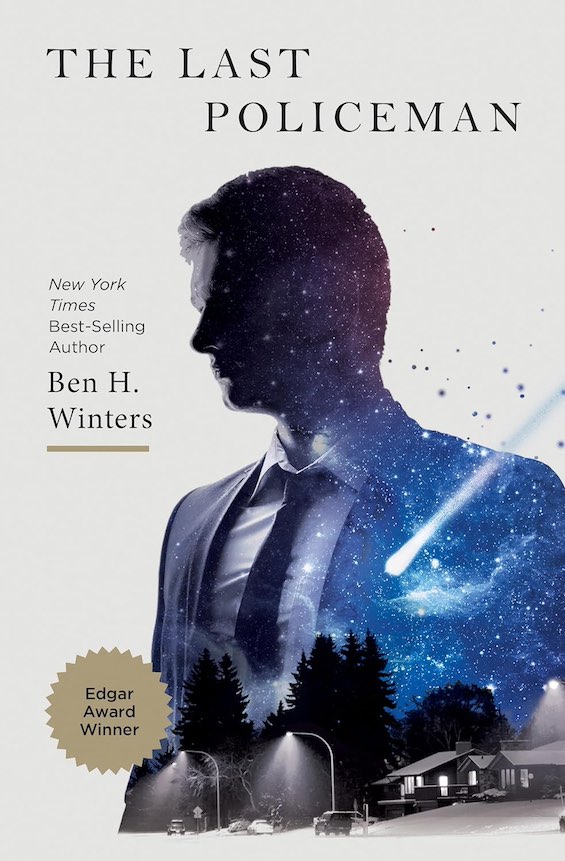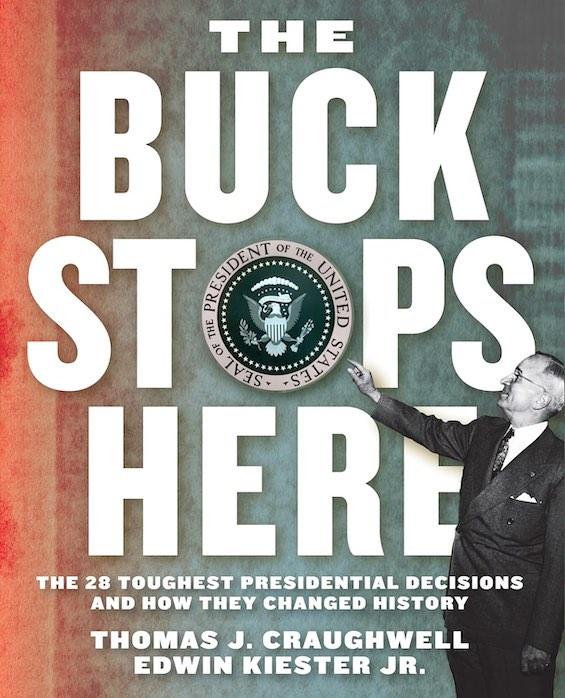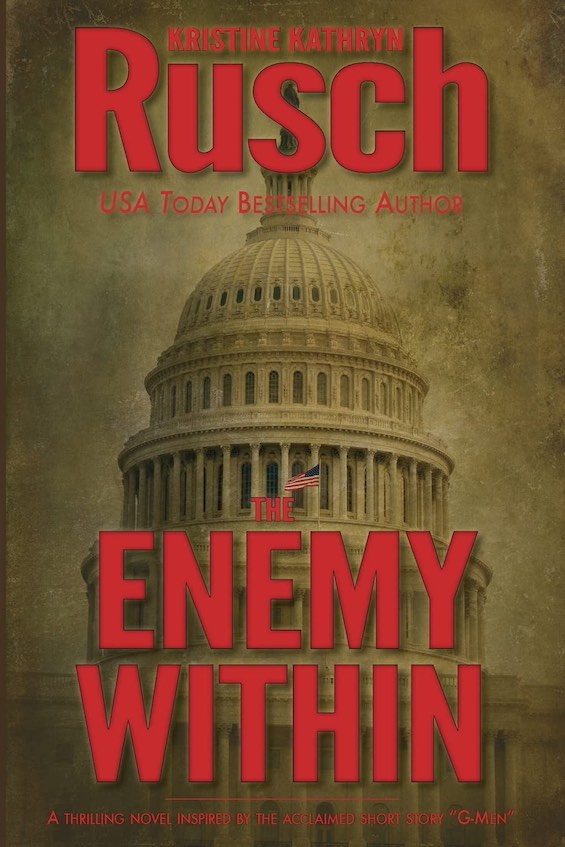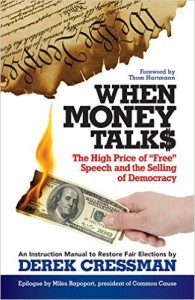
There are few people who have a better understanding of the influence of money in American politics than Derek Cressman. Over the past two decades, he has played a leading role nationally in the growing movement to overturn the judicial missteps that culminated in the decision of the U.S. Supreme Court in Citizens United v. FEC. Though Citizens United is widely regarded as the case that opened the floodgates to billions of dollars in outsize political contributions by rich people, the truth is more complicated. Cressman displays his highly nuanced grasp of the issue in his important new book, When Money Talks: The High Price of “Free” Speech and the Selling of Democracy.
Estimated reading time: 7 minutes
The problem with democracy
An unbiased political scientist, or any fair-minded observer of practical politics in America, understands perfectly that a working democracy requires a “level playing field” among all citizens. Sadly, Chief Justice John Roberts has written, “This Court . . . has repeatedly rejected the argument that the government has a compelling state interest in ‘leveling the playing field.'” Does this mean that the Court has no interest in democracy? It certainly looks that way, doesn’t it?
When Money Talks: The High Price of “Free” Speech and the Selling of Democracy by Derek Cressman ★★★★★
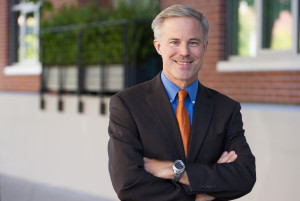
Obviously, true equality is impossible. For example, some citizens will have more information than others. Some will be more skillful than others in bringing that information to bear. But for democracy to work, every citizen must have an equal opportunity to participate in the political process. When some citizens possess the means to exert undue influence, the democratic process is impaired. In the United States today, people who are able to devote millions of dollars to political campaigns and lobbying have gained outsize opportunities for influence as a result of a series of misguided judicial decisions. As a result, many observers have concluded that American democracy is not just wounded but on its death bed. In When Money Talks, Derek Cressman examines the history that has led us to this troubled juncture — and explains how we can make things right.
The gist of the problem
Three logical fallacies lie at the root of the problem posed by Citizens United: that corporations are persons, that money is speech, and that outright bribery is the only form of corruption in government. It seems self-evident that the justices who built arguments on the basis of these misconceptions must have had ulterior motives. How else could we explain how highly intelligent people trained in logic and rhetoric would make such errors? Certainly, as Cressman explains, they were reaching beyond the confines of their job description. As he writes, “We are confronting one of the most brazen periods of sustained judicial overreach in our nation’s history.”
Look at the ideology that drives the majority on the Roberts Court, and you’ll find that much easier to understand. Unfortunately, though, the Right-Wing zealots on the U.S. Supreme Court aren’t alone in propagating these fallacies. For decades, self-interested politicians and wealthy political donors have exerted every effort to oppose any attempt to reverse the effects of Citizens United and the earlier decisions on which it’s partially based. They’ve even managed to snare some prominent liberals and the ACLU in supporting some of these arguments, too!
Citizens United in a nutshell
The impact of these decisions by the highest court in our nation is easy to understand. It’s enough to note that, in the 2016 election campaign currently underway, a network of two or three hundred billionaires and centi-millionaires led by Charles and David Koch has pledged to spend $889 million to influence the outcome of the election. The behavior of this billionaires’ network is lucidly described in detail in another recent book, Jane Mayer’s Dark Money: The Hidden History of the Billionaires Behind the Rise of the Radical Right.
Though there are many examples of election campaigns that have prevailed against financial odds — I’ve managed a couple of them myself, including one where my side was outspent sixteen to one — the stark reality is that the candidate with more money wins nine times out of ten. The same goes for initiative and referendum campaigns. And anyone who follows political news closely can point to numerous instances in which highly favored ballot measures have been defeated by an influx of money, usually from out-of-state. Citizens United and related Supreme Court decisions have made this possible by overturning political donation limits and campaign spending limits, and by enabling corporations to spend enormous sums on elections.
What is to be done?
If these moves by the Supreme Court reflected the popular will, they might be easier to understand. That’s far from the case, though. As the New York Times has noted, “Americans of both parties fundamentally reject the regime of untrammeled money in elections made possible by the Supreme Court’s Citizens United ruling and other court decisions and now favor a sweeping overhaul of how political campaigns are financed, according to a New York Times/CBS News poll.” However, acting on this consistently strong rejection of the Court’s decisions to overturn them is a tall order, to say the least.
Cressman offers a number of alternative solutions, beginning with a Constitutional Amendment to address the problem but including several others that are highly creative. Unfortunately, some of these ideas are far-fetched. For instance, he writes, “Some legal scholars have suggested that we take a step back and abolish judicial review of the constitutionality of our laws altogether.” After all, there is nothing in the Constitution to support this power, which the Court arrogated to itself more than two centuries ago. The Constitution provides for three equal branches of government. Why should one of the three have the power to reverse actions by either of the other two? Although logic might suggest that reversing that practice would be the ideal solution to the problem of money in politics — and no doubt many others as well — it’s obviously not going to happen.
Two promising ideas emerge
The author appears to be agnostic as to which course to follow to effect change, though he devotes the most space to two ideas. One is familiar: a Constitutional Amendment; organizers all over the country are pursuing this approach, as have many Members of Congress. The other idea is to use a long-ignored mechanism for exerting the popular will that is enshrined in the U.S. Constitution: constituent instructions. I found it surprising to learn that we citizens have the right to instruct our elected representatives to take specific actions, such as casting a vote on a particular bill or placing a question on the ballot.
Cressman himself has been actively promoting this latter course of action. As the bio on his website notes, he “was the architect behind voter instruction measures in Montana, Colorado, Massachusetts, and California, where voters demanded Congress pass an amendment to overturn the Supreme Court’s ruling in Citizens United v. FEC.”
The amendment Cressman appears to favor would be worded along the following lines: “To advance democratic self-government and political equality, ensure a fair and balanced debate, and protect the integrity of government and the electoral process, nothing in this Constitution shall prohibit limits on the amount of money spent in, or given to, election campaigns or political advertisements.” As he is careful to point out, this approach would apply to the states and localities as well as the federal government — and it would not apply to newspaper editorials, as the ACLU has consistently complained about earlier efforts to overturn the Court’s rulings.
Overturn Citizens United to restore American democracy
The stakes couldn’t be higher on this issue. As Cressman notes in a chapter heading, “If Money Is Speech, Speech Is No Longer Free.” I don’t know about you, but I long ago stopped feeling that my voice could be heard in the cacophony of political noise that erupts every two years around election time. That’s especially painful, since I was active in politics locally, statewide, and nationally for many years. We’re long past the point when we need to do something to fix this.
For more great reading
Like to read books about politics and current affairs? Check out Top 10 nonfiction books about politics.
If you enjoy reading nonfiction in general, you might also enjoy:
- Science explained in 10 excellent popular books
- Great biographies I’ve reviewed: my 10 favorites
- My 10 favorite books about business history
And you can always find my most popular reviews, and the most recent ones, on the Home Page.

